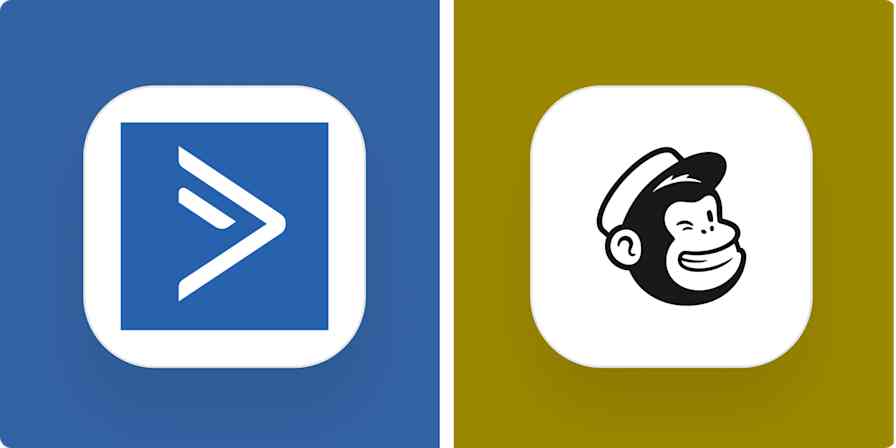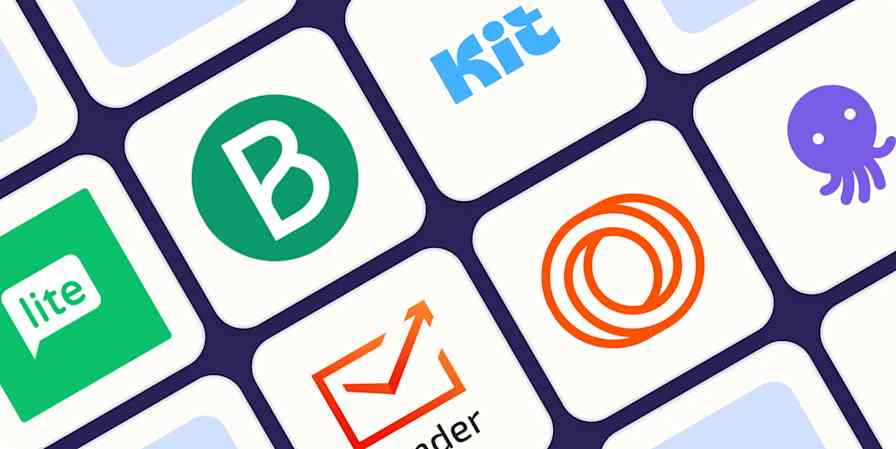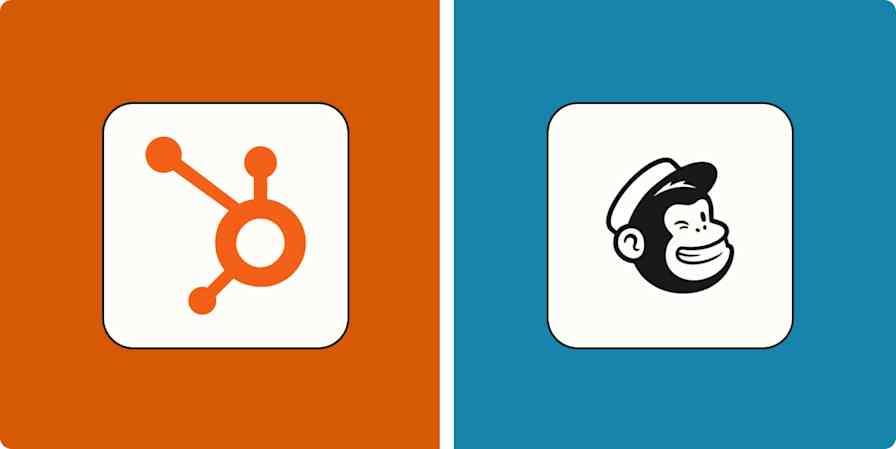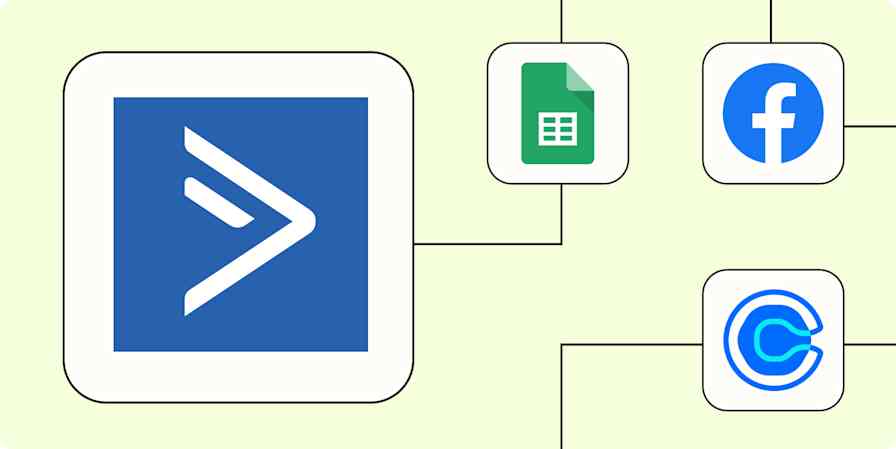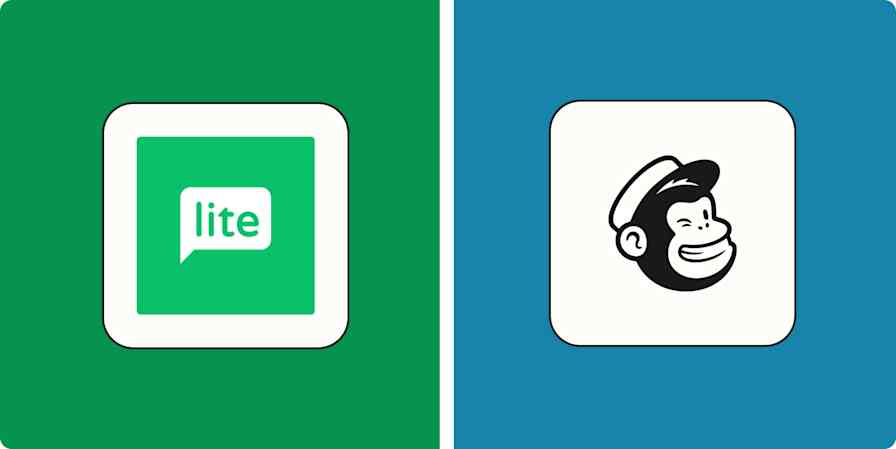Automation inspiration
3 min read3 ways to automate Iterable
By Nicole Replogle · January 12, 2023
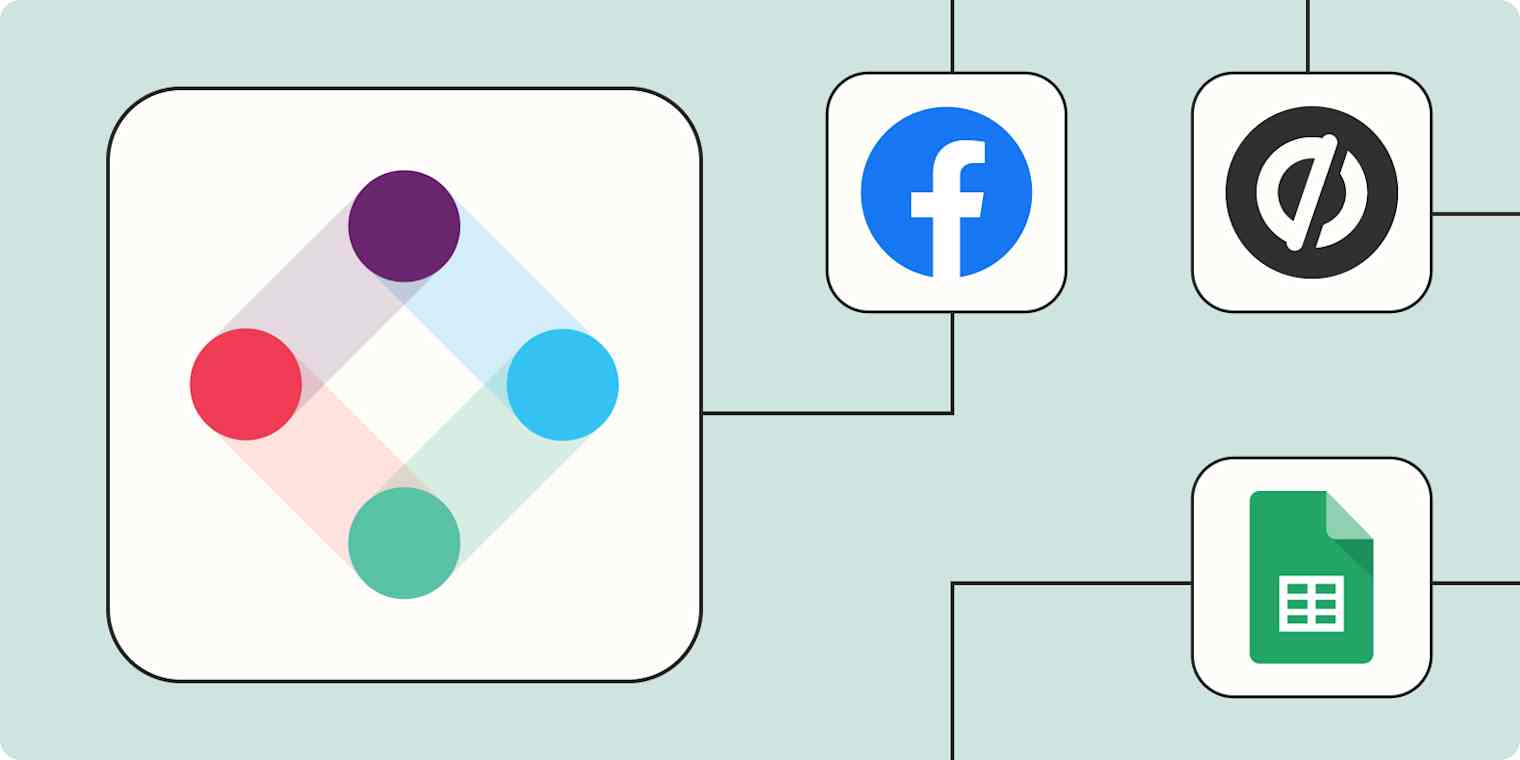
Get productivity tips delivered straight to your inbox
We’ll email you 1-3 times per week—and never share your information.
tags
mentioned apps
Related articles
Improve your productivity automatically. Use Zapier to get your apps working together.


